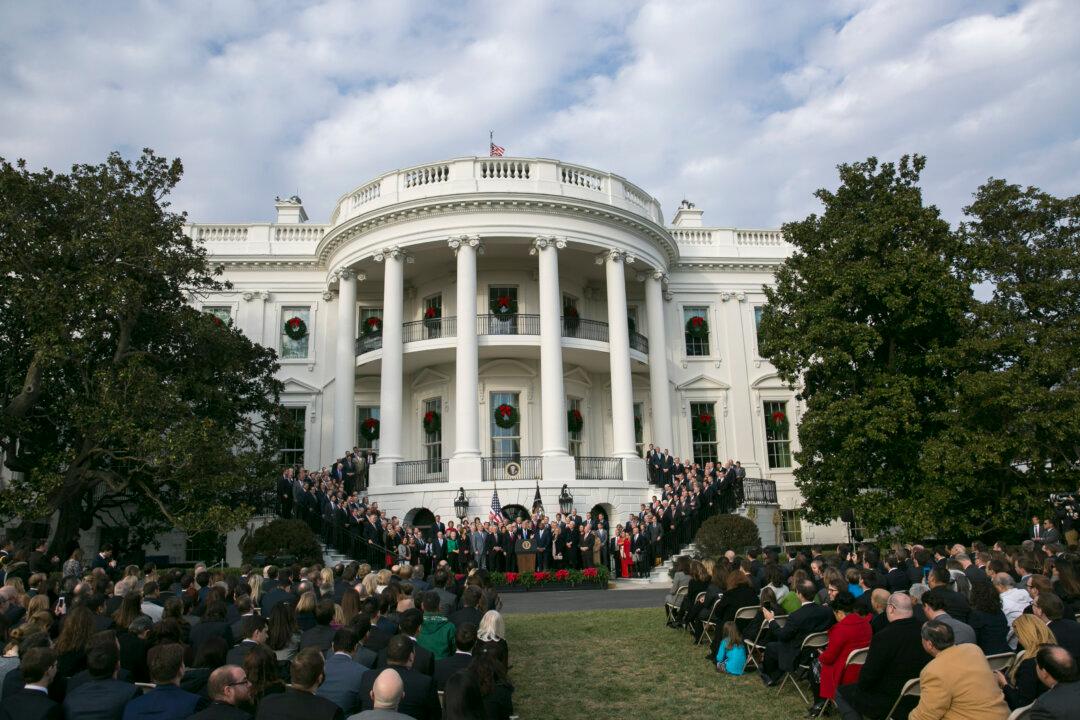WASHINGTON—By delivering on his promise of tax reform, President Donald Trump has set off alarm bells in other countries, which are concerned about how a newly competitive United States will affect their economies.
The tax overhaul is a once-in-a-generation opportunity that will unleash economic growth, according to Republicans. They call the existing tax code a complex, costly, and unfair system that caters to special interest groups. They claim the new bill will encourage more investment and job creation.





